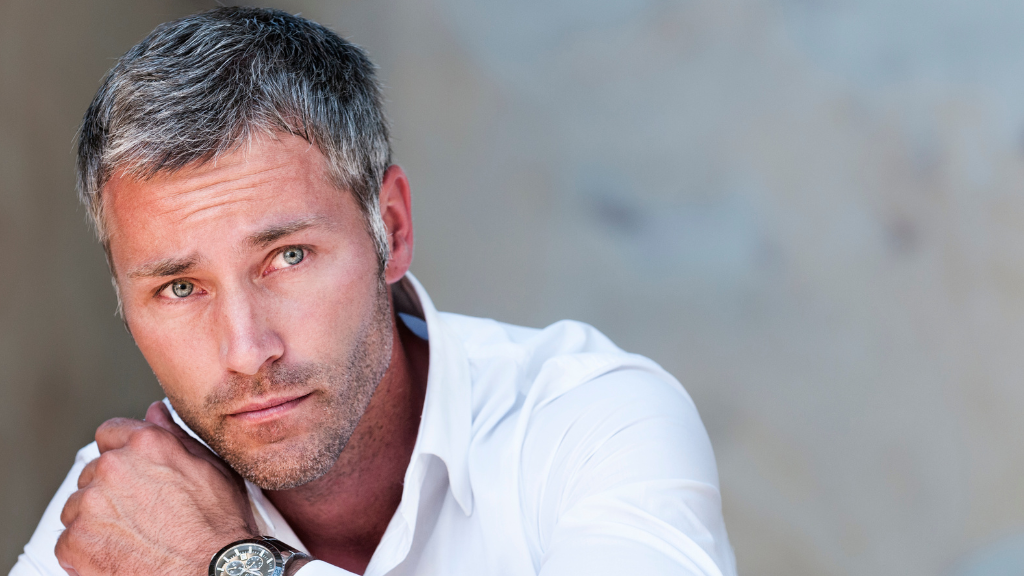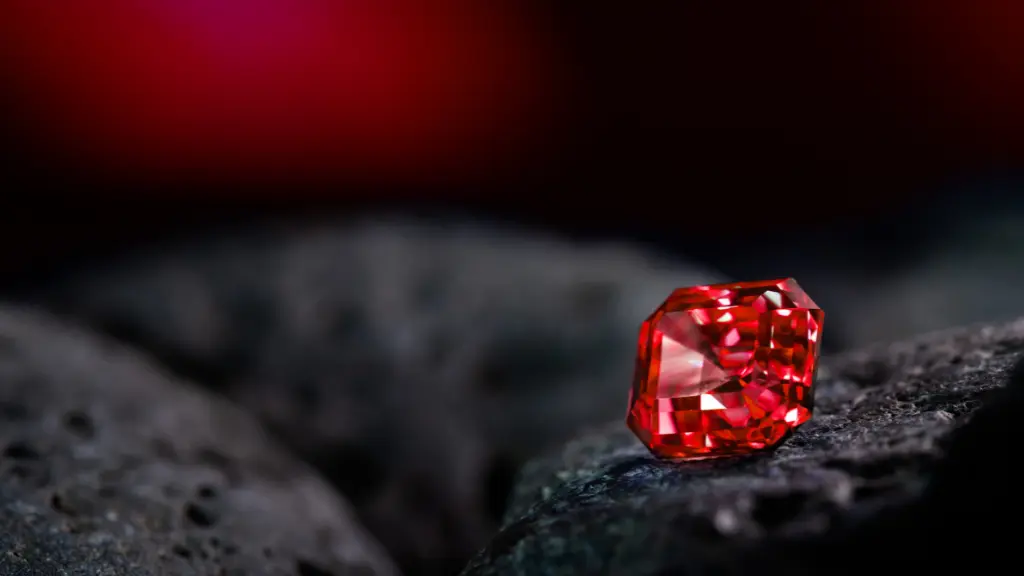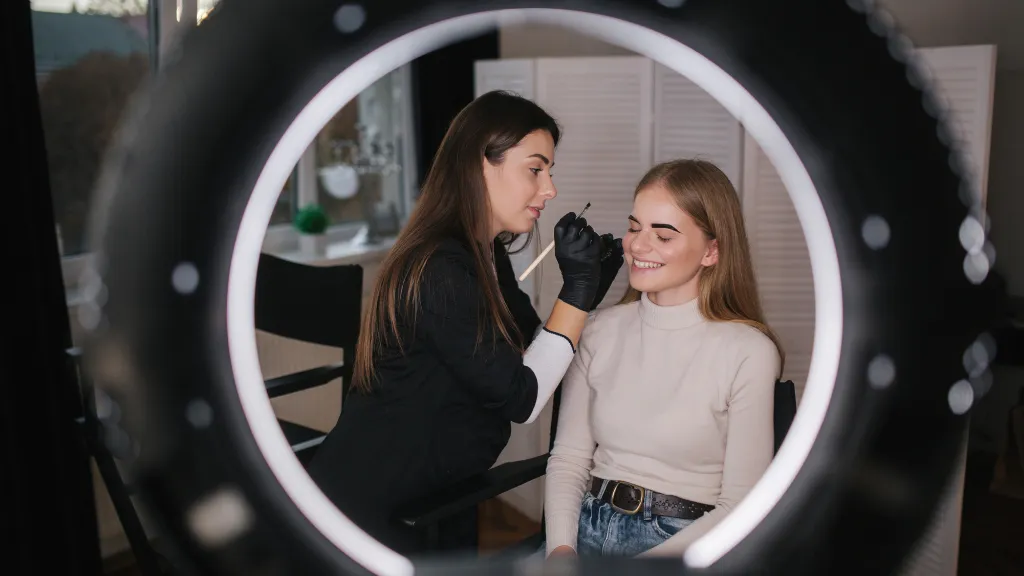Gray hair is often associated with aging. However, many young people notice strands of gray in their twenties or even teens. What causes this premature graying?
While age is a factor, genetics, lifestyle, and health issues can contribute. Let’s dive into the science and explore ways to slow down this process.
You May Also Like: Can Your Diet Improve Testosterone Levels?
The Science Behind Hair Color
Hair gets its color from melanin, a pigment produced by cells called melanocytes. The type and amount of melanin determine whether your hair is black, brown, blonde, or red. Over time, melanocytes produce less melanin, leading to gray or white hair.
Premature graying occurs when this process begins earlier than expected.
Causes of Premature Graying
Several factors contribute to hair turning gray at a young age:
1. Genetics
Your family history plays a significant role. If your parents or grandparents went gray early, you might, too.
- How It Works: Genetic predisposition affects melanocyte function, causing melanin production to decline faster.
2. Stress
Chronic stress can accelerate graying. Stress hormones may damage melanocytes or affect melanin production.
- Research Insight: Studies show that high cortisol levels can impact hair pigmentation.
3. Nutritional Deficiencies
A lack of essential nutrients like vitamin B12, iron, and zinc may lead to gray hair.
- Key Nutrients:
- Vitamin B12: Supports melanin production.
- Iron: Helps transport oxygen to hair follicles.
- Zinc: Maintains healthy hair growth.
4. Autoimmune Disorders
Conditions like alopecia areata or vitiligo can impact hair pigmentation.
- Why It Happens: The immune system attacks melanocytes, disrupting melanin production.
5. Smoking
Smoking damages hair follicles and reduces oxygen flow, speeding up graying.
- Fact: Smokers are 2.5 times more likely to develop premature gray hair than non-smokers.
6. Thyroid Disorders
Hyperthyroidism or hypothyroidism can disrupt melanin production and hair health.
- Symptoms: Hair thinning, dryness, and early graying.
7. Exposure to Chemicals
Frequent use of harsh hair products or environmental pollutants can damage melanocytes.
Is It Reversible?
In most cases, premature graying caused by genetics is irreversible. However, if underlying factors like nutritional deficiencies or stress are addressed, you may slow or stop further graying.
Preventing Premature Gray Hair
While you can’t change your genes, certain lifestyle changes may help delay graying:
1. Maintain a Balanced Diet
Ensure your meals include:
- B12-Rich Foods: Eggs, fish, and dairy products.
- Iron Sources: Spinach, lentils, and lean meats.
- Zinc-Rich Foods: Nuts, seeds, and shellfish.
2. Manage Stress
Practice relaxation techniques like yoga, meditation, or deep breathing to reduce stress levels.
3. Quit Smoking
Eliminating smoking improves overall hair and scalp health.
4. Use Mild Hair Products
Avoid harsh chemicals like sulfates and parabens. Opt for gentle, natural shampoos and conditioners.
5. Protect Hair from Damage
Minimize exposure to sun, chlorine, and heat styling tools.
6. Take Supplements (if Needed)
Consult a doctor for supplements like biotin, B12, or iron if deficiencies are present.
Myths About Gray Hair
There are many misconceptions about graying. Let’s clear up some common ones:
- Myth 1: Stress causes instant gray hair.
- Truth: Stress contributes over time, but it doesn’t happen overnight.
- Myth 2: Pulling gray hairs makes more grow.
- Truth: Pulling one gray hair doesn’t cause others to turn gray.
- Myth 3: Only old people get gray hair.
- Truth: Premature graying can happen at any age.
Coping with Gray Hair
If you’re embracing your gray hair, there are ways to enhance its beauty:
- Hydrate: Use deep-conditioning treatments to keep gray hair soft and shiny.
- Tone: Use purple shampoos to neutralize yellow tones.
- Style: Experiment with modern hairstyles to make your gray hair look chic.
For those not ready to go gray, natural dyes or low-chemical hair coloring options can restore your original shade.
When to See a Doctor
If you experience sudden or patchy graying, consult a dermatologist. These may indicate underlying conditions like alopecia areata or vitamin deficiencies.
Embracing the Change
Gray hair is natural and can be a striking feature. Society’s perception of beauty is evolving, and gray hair is now seen as stylish and empowering. Whether you choose to embrace it or cover it, the choice is yours.










